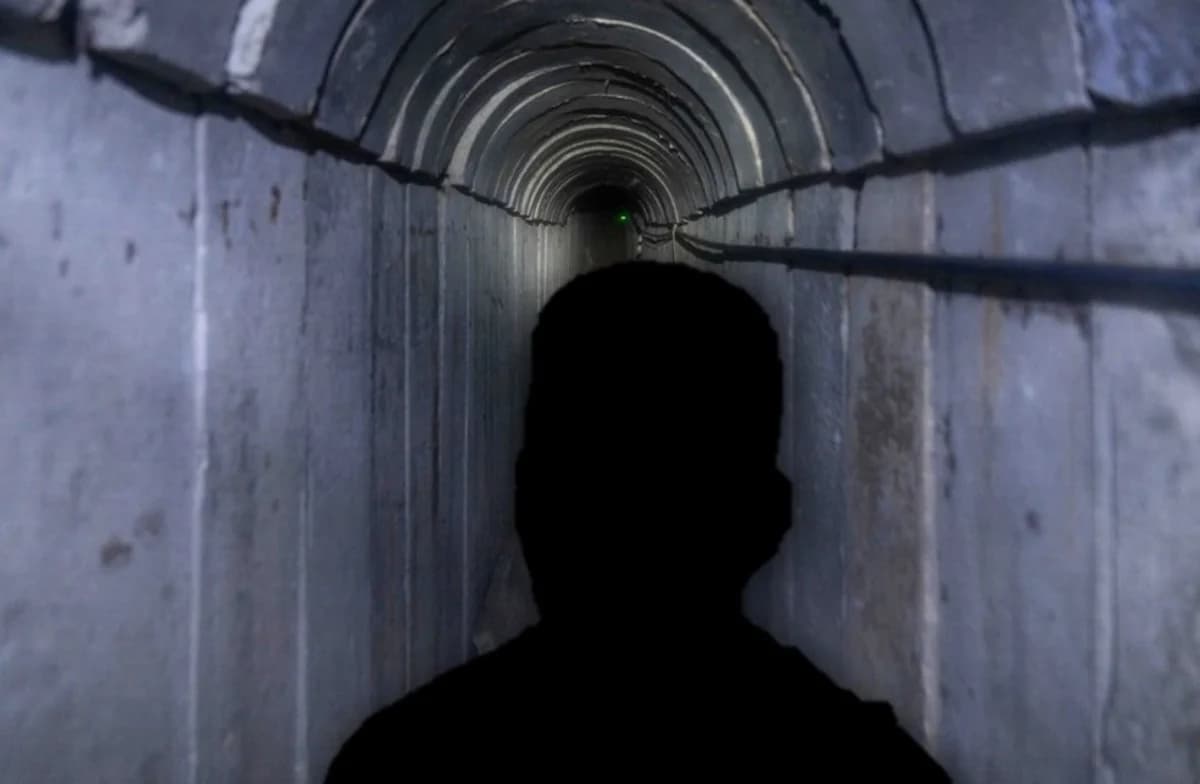A terrible decision
IN A WEEK: 34 Hostages PROBABLY coming home - The price is HORRIFYING
Senior officials in the incoming Trump administration have clarified a message to Israel in recent days, stating that the President is not interested in additional wars and wants quiet in the Middle East.

A wave of cautious optimism is sweeping through the Middle East as two major developments unfold - a potential breakthrough in hostage negotiations and a surprising shift in diplomatic stance from Washington.
In the wake of the Israeli delegation's departure to Doha last night, led by Shin Bet chief Ronen Bar and the Mossad chief for negotiations with Hamas, and hours after Biden and Netanyahu's conversation, this morning (Monday) the pro-Qatari newspaper "Al-Quds Al-Arabi" reported that the IDF has begun practical preparations for the hostage agreement and its requirements, dismantling structures along the Netzarim corridor in what many see as a concrete sign of progress.
The deal taking shape could bring 34 Israeli hostages home in its first phase, alongside a six-week pause in fighting.
"The path is now open," a source close to the talks shared with Al-Sharq news, highlighting how even last-minute hitches from the Israeli side seem less likely to derail progress. The deal's framework is surprisingly detailed: beyond the initial hostage release, it includes plans for Palestinian civilians to return to northern Gaza, though they'll need to pass through third-party security checks.
Al Qds also said that Israel requested that about one and a half kilometers along Gaza's borders remains under Israeli control.
The deal allegedly involves the release of 3,000 Arab prisoners, many with long sentences and some who even are serving life sentences. Some of the prsioners who will be transferred when the deal goes through are those who were released in the original Shalit deal and went on to murder more Jews, leading to their recapture.
Meanwhile, the incoming Trump administration has made its position clear: they want calm in the Middle East. Senior officials have quietly but firmly advised Israel to avoid new conflicts, suggesting a careful approach toward Syria's new leader al-Julani and emphasizing the importance of maintaining the fragile peace with Lebanon.
For the families waiting for news of their loved ones, these developments offer a glimmer of real hope. The deal's second phase, set to begin a week after the first, promises the release of more hostages and extends the ceasefire for another six weeks.
Prime Minister Netanyahu appears to be laying the groundwork domestically: Last night, he pressed Finance Minister Bezalel Smotrich to support the deal, as reported on Kan 11 News. Netanyahu told Smotrich that "we must not harm relations with the Trump administration," citing the elected American president's support for the government's plans in Judea and Samaria.
As negotiators work through the night in Doha, and military planners adjust their positions on the ground, the region holds its breath. After sixteen months of conflict, the prospect of families reuniting and guns falling silent finally seems within reach.
"The hell that Trump referenced is our reality," said Zvika Mor, whose son Eitan remains in captivity in Gaza. "A partial deal means we would be buying the freedom of some of our family members with the blood of those left behind."
Mor also revealed that Israeli Minister Ron Dermer had informed hostage families that Hamas is seeking a decade-long agreement.
Israeli officials are pushing back against a Reuters report claiming that a final draft agreement has been presented to all parties and is now awaiting Hamas's response. A senior Israeli source indicated that more patience is needed, saying it will take several days to determine whether a deal can be reached, according to Maariv.
You have to know that something is wrong when even the Hostages' families believe this deal is horrendous: They say that the government has no mandate to surrender to Hamas and are holding an emergency march and protest in Jerusalem tonight, calling on the government not to surrender to Hamas and to meet all the war's goals.
It seems though that Netanyahu can't or won't stand up to Trump and it's extremely concerning.
Kikar HaShabbat contributed to this article.